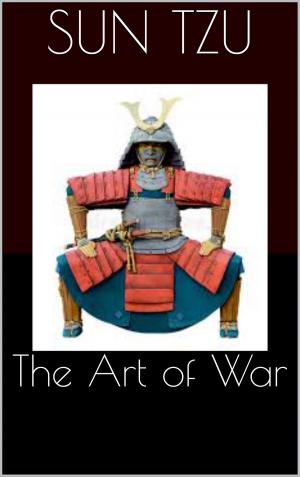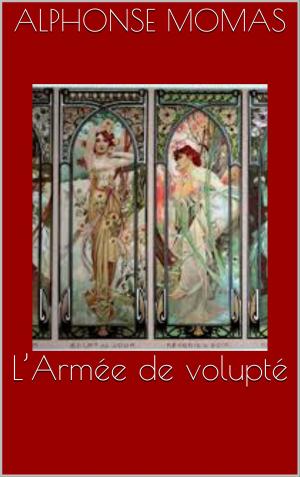| Author: | Sinclair Lewis | ISBN: | 1230001016925 |
| Publisher: | CP | Publication: | April 2, 2016 |
| Imprint: | Language: | English |
| Author: | Sinclair Lewis |
| ISBN: | 1230001016925 |
| Publisher: | CP |
| Publication: | April 2, 2016 |
| Imprint: | |
| Language: | English |
Sinclair Lewis:
An American author of novels, short stories, and plays who won the Nobel Prize for Literature in 1930.
When the windshield was closed it became so filmed with rain that Clair fancied she was piloting a drowned car in dim spaces under the sea. When it was open, drops jabbed into her eyes and chilled her cheeks. She was excited and thoroughly miserable. She realized that these Minnesota country roads had no respect for her polite experience on Long Island parkways. She felt like a woman, not like a driver.
But the Gomez-Dep roadster had seventy horsepower, and sang songs. Since she had left Minneapolis nothing had passed her. Back yonder a truck had tried to crowd her, and she had dropped into a ditch, climbed a bank, returned to the road, and after that the truck was not. Now she was regarding a view more splendid than mountains above a garden by the sea-a stretch of good road. To her passenger, her father, Claire chanted:
"Heavenly! There's some gravel. We can make time. We'll hustle on to the next town and get dry."
"Yes. But don't mind me. You're doing very well," her father sighed.
Instantly, the dismay of it rushing at her, she saw the end of the patch of gravel. The road ahead was a wet black smear, criss-crossed with ruts. The car shot into a morass of prairie gumbo-which is mud mixed with tar, fly-paper, fish glue, and well-chewed chocolate-covered caramels. When cattle get into gumbo, the farmers send for the stump-dynamite and try blasting
It was her first really bad stretch of road. She was frightened. Then she was too appallingly busy to be frightened, or to be Miss Claire Boltwood, or to comfort her uneasy father. She had to drive. Her frail graceful arms put into a vicious vigor that was genius.
Sinclair Lewis:
An American author of novels, short stories, and plays who won the Nobel Prize for Literature in 1930.
When the windshield was closed it became so filmed with rain that Clair fancied she was piloting a drowned car in dim spaces under the sea. When it was open, drops jabbed into her eyes and chilled her cheeks. She was excited and thoroughly miserable. She realized that these Minnesota country roads had no respect for her polite experience on Long Island parkways. She felt like a woman, not like a driver.
But the Gomez-Dep roadster had seventy horsepower, and sang songs. Since she had left Minneapolis nothing had passed her. Back yonder a truck had tried to crowd her, and she had dropped into a ditch, climbed a bank, returned to the road, and after that the truck was not. Now she was regarding a view more splendid than mountains above a garden by the sea-a stretch of good road. To her passenger, her father, Claire chanted:
"Heavenly! There's some gravel. We can make time. We'll hustle on to the next town and get dry."
"Yes. But don't mind me. You're doing very well," her father sighed.
Instantly, the dismay of it rushing at her, she saw the end of the patch of gravel. The road ahead was a wet black smear, criss-crossed with ruts. The car shot into a morass of prairie gumbo-which is mud mixed with tar, fly-paper, fish glue, and well-chewed chocolate-covered caramels. When cattle get into gumbo, the farmers send for the stump-dynamite and try blasting
It was her first really bad stretch of road. She was frightened. Then she was too appallingly busy to be frightened, or to be Miss Claire Boltwood, or to comfort her uneasy father. She had to drive. Her frail graceful arms put into a vicious vigor that was genius.















